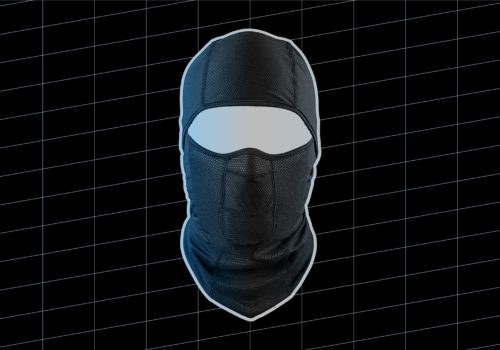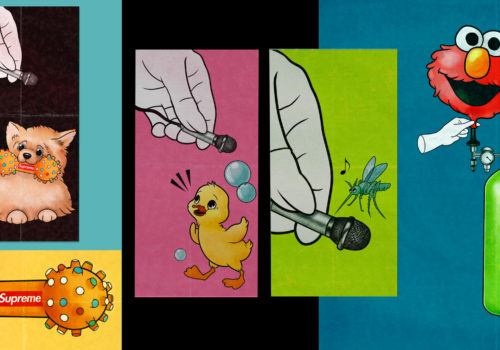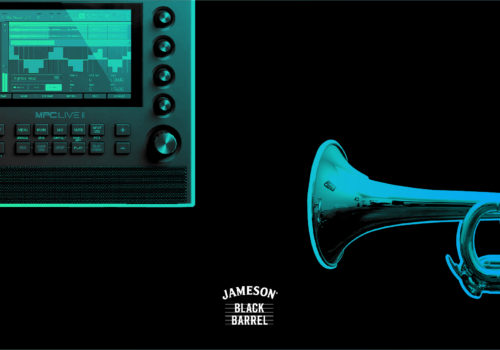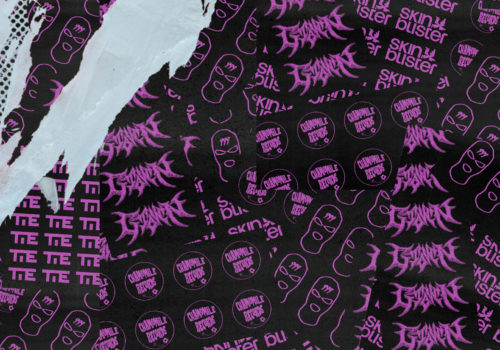An Introduction to Irish Post-Punk
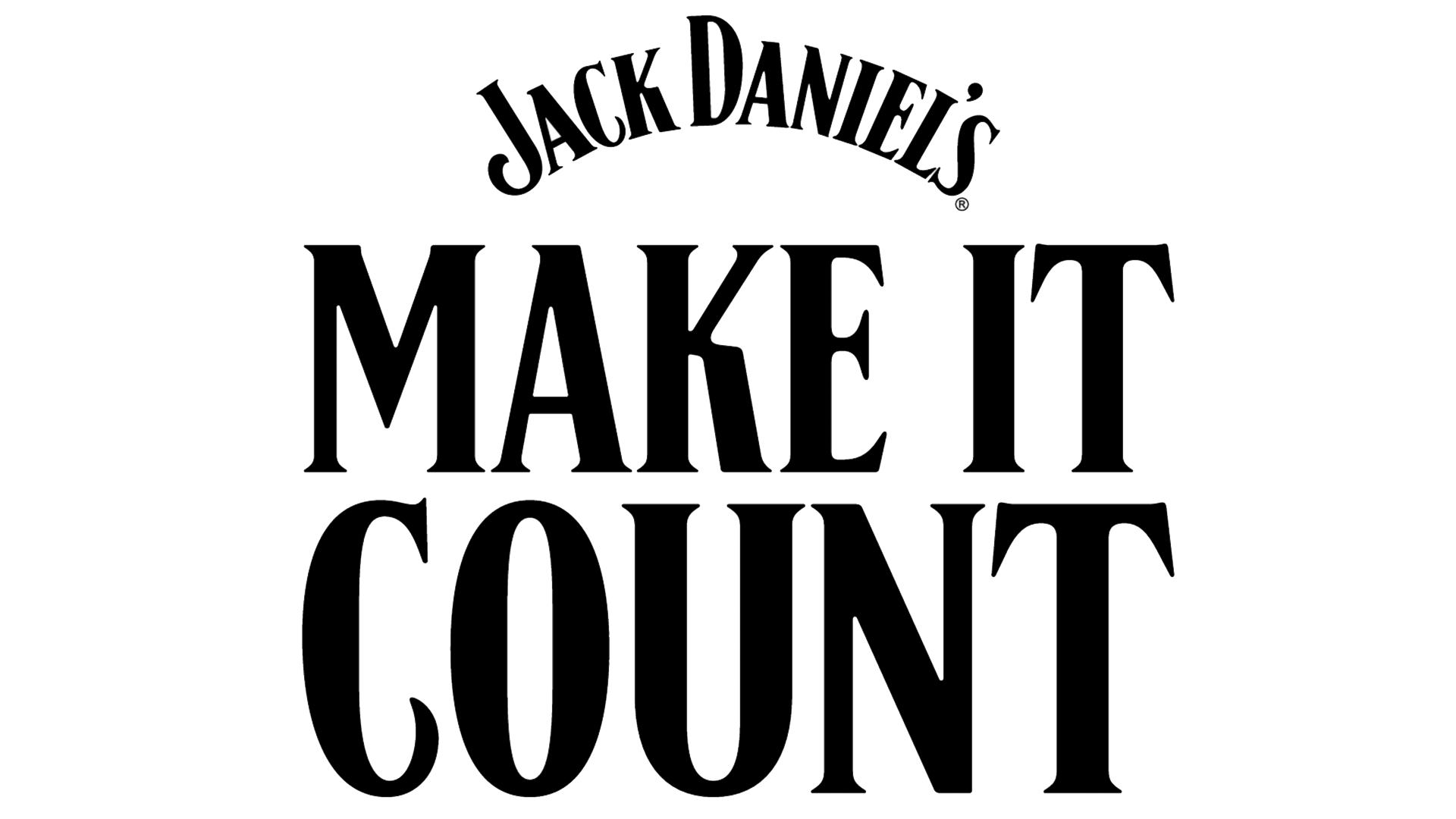




Words: Dean Van Nguyen
Artwork: Paul Smith
Jack Daniel’s and District share an authentic love for music culture and as Ireland continues to produce innovative and subversive new sounds we’ve teamed up to chart the key acts and developments that got us to where we are now. Dean Van Nguyen has selected 10 seminal records that help join the dots between the island’s disruptors while putting the rebellious spirit that refuses to die into sharp focus.
Punk rock was both the kerosene and the match. It was a rejection of hippie psychedelic and “peace and love” serenity. Simply put, punk wanted to dismantle what came before. And so to nail down the meaning of post-punk is to answer one question: what’s the next step after a musical revolution?
Trying to define genres is a tough assignment; trying to put sub-genres into words is like trying to catch a radio wave. What we can say is that post-punk loved the punk rock spirit but hated the clichés. It subverted the subversion.
Irish punk and post-punk had much in common: the musicians, for one, as many transitioned out of punk and into daring new sounds made possible by increasingly affordable synthesizers and drum machines. Crucially, they retained the independent spirit of their punk days and it powered a wave of inventiveness in the 1980s. That ethos has since been rejuvenated by a new generation of Irish musicians, currently forming one of the most inventive corners of guitar music on the planet. Here’s 10 Irish post-punk and post-punk revival songs to get you started.
Always in Danger (1981)
Choice’s sound was sealed when drummer Noel McCabe left the band and was replaced by a machine. “Always in Danger” features gothic synth lines and dinky drum machines, perfectly complemented by singer Jaki McCarrick’s icy vocals. Never officially released, “Always in Danger” was resurrected for the 2012 compilation Strange Passion: Explorations In Irish Post Punk DIY and Electronic Music 1980-1983 and you can find numerous other recordings from the Dundalk band over at the excellent site Brand New Retro, run by Choice’s old bass player, Brian McMahon.
Theme For Thought (1982)
Irish post-punk hit the mainstream when The Virgin Prunes performed “Theme For Thought” on The Late Late Show in 1979. It was a disruptive and radical infiltration of a show noted for light entertainment and topical discourse. Androgynous frontmen Guggi and Gavin Friday performed the experimental number with steely intensity: “Should I talk the way you want me to talk?/Say the things the way you want to hear them?” Not all the audience applauded. It wasn’t until 1982 that a studio version of the track became available, closing out the band’s album …If I Die, I Die.
Just Friends (1982)
Recorded at Homestead Studios in Randalstown, Co. Antrim, “Just Friends” by Bangor group Dogmatic Element is a lean, mean piece from the more melodic side of the post-punk canon. Alison Gordon’s vocals never stay still, at once punkish and belligerent, but also angelic, while the music is powered by flat, thumping floor tom drums that almost replicate the sound of congas and bongos. “Just Friends” was released as part of a double A-side with the slower, almost operatic “Strange Passion.” Dogmatic Would put out just one more 7-inch before disbanding.
Fishes For Complements (1983)
Evolving out of the visceral Cork band Nun Attax, Five Go Down To The Sea? featured the electric performances of frontman and lyricist Finbarr Donnelly. But while Nun Attax saw Donnelly chewing his words over tuneless guitars—see the classic “White Cortina”—he later developed a more crooning style, almost mimicking the dramatic synth-pop and new-wave singers of the era, but with a warbling belligerency that spoke to his punk roots. On “Fishes for Compliments”, an early Five Go Down To The Sea? recording, the band’s mid-tempo play has more depth and sophistication, allowing Donnelly to desperately yearn for a distant presence.
Syllable (1983)
Led by Roger Doyle and Olwen Fouere, Operating Theatre skewed to the proto synth-pop and experimental ends of the post-punk canon. The sound of inexpensive synthesisers and drum machines displayed on “Syllable” encapsulated the endless potential of new tech in the hands of the era’s bedroom composers, while evoking Talking Heads’s art school electronica. The song is taken from Operating Theatre’s debut album Miss Mauger, reissued in 2019 by Allchival.
Forever and Again (1985)
They’re legends of shoegaze and so much more – a band that showed us the miraculous depth rock music instruments can reach. But in their embryonic stages, My Bloody Valentine drew from popular post-punk. On “Forever and Again”, the opening track from the group’s debut mini-album This is Your Bloody Valentine, original singer David Conway’s vocals are tuned to a low-toned, almost Ian Curtis style – that is, if Curtis was performing a big band number, as he gives it the full Dean Martin dramatics. Some chirpy backing vocals in the distance lighten the mood, working in contrast to the spooky ambient keyboard tones. They got better, of course, but MBV’s early work belongs in the Irish post-punk canon.
[adsanity align=’center’ id=22105]
Dream and the Little Girl Lost (1987)
Stano – a cult Dublin musician if ever there was one – personifies the post-punk ethos. He went from playing synths in punk band The Threat (I say “playing,” Stano himself admits he could never really play the thing) to having forged a long and brilliant career in the rip-it-up punk spirit by treating the studio like his instrument of choice. There’s been voyages into dark-edged electronica, folk, spoken work sketches, Eastern-influenced sounds, and more. I’m particularly partial, though, to the midi funk of “Dream and the Little Girl Lost,” a number that predicted the music of 16-bit video games and their chiptunes descendants.
Paul (2015)
The influence of post-punk never dissolved, but undeniably it was the work of Girl Band that kicked off a revival. Take “Paul”: ushered into existence by some almost primal drums, more and more elements are added to the mix, the tension being ramped up second after second, refusing to be released. It winds to the kind of grinding hardcore rocker that sounds forged on a cold industrial workbench.
Deaf (2018)
The stifling atmospherics and gritty textures of Just Mustard’s first album Wednesday make being young sound unbearable. On “Deaf,” the Dundalk band intertwine gritty guitars, heavy bass over powerfully whacked drums, forming a blunt concoction. But when singer Katie Ball’s heavenly vocals come through, it feels like a beam of light cutting through the cloud.
Television Screens (2019)
Undeniably the Irish indie band to have gained the most traction in recent years, the bustle and clank of Fontaines D.C.’s instrumentals matched with Grian Chatten’s dense, accented vocal performance can sound like commerce on a cold Dublin morning. An album cut from their debut Dogrel, “Television Screen” is one of their more melodic cuts, featuring some of the band’s opaque writing that draws from the city: “I could lay you right down/On these lively living streets/And still you’d not know/How the city heart beats.”




